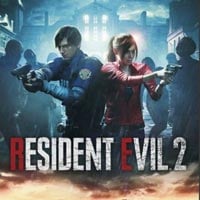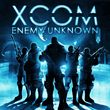RNG. All the game mechanics we despise
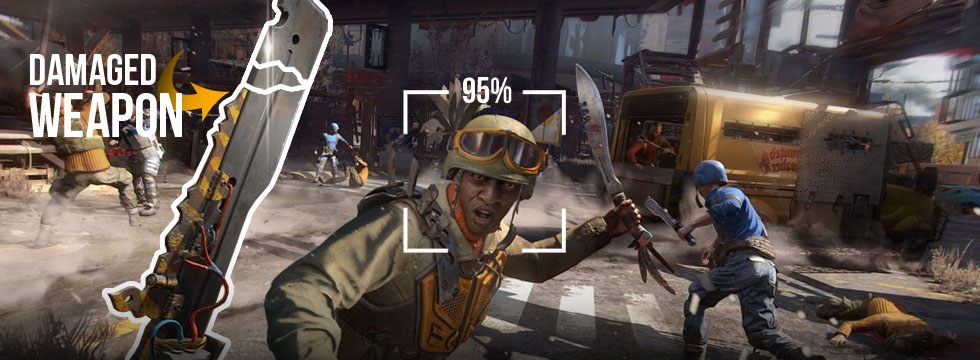
- 95% Chances of Success and I Missed?! Game Mechanics We Hate
- Force of entropy – weapon wear
- Level scaling – David becoming Goliath
- Quick-time events
- RNG
- You're overloaded!
- Save the game only once!
- Killstreaks – Massacre of the Innocents
- Your computer is a fraud
- The Witcher sens(l)es(s)
RNG
During the first gameplay presentation of Baldur's Gate 3 at PAX East, Swen Vincke, the head of Larian Studio, attempted to shoot a nearby opponent from the bow. 95% probability. To the audience's hushed amazement, he missed.
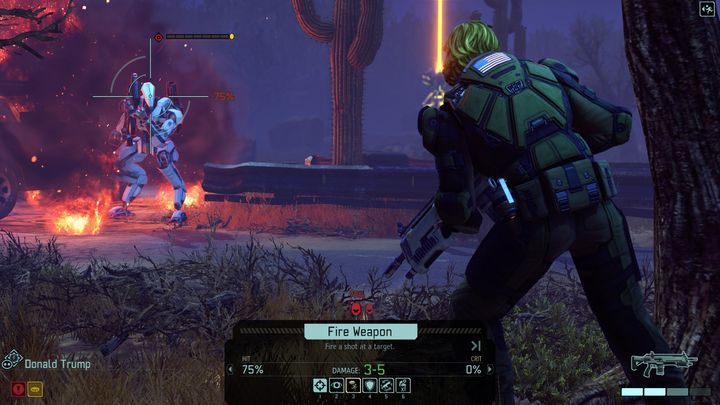
RNG was likely the one mechanic that tried to steal all the joy of playing XCOM and XCOM2 from me (even though I consider Jagged Alliance 2 one of the games of my life). The so-called gods of RNG simply mistreated me. All the shots I missed, all the criticals my enemies landed. I would scream and swear, raising my hands to the heavens: why can't I hit him, he's standing three feet away from me!
Why? If you think about it, a turn-based system doesn't mean that people and aliens in the XCOM world are kind an honorable enough to wait for their enemy's move. It simply is an interpretation of a battle that unfolds quickly, at the same time allowing you to take good decisions by making allowance for the fact that you have to give commands and browse windows, rather than simply act. . Once we recognize that each turn is just a glimpse of a single moment of decision happening in an otherwise intense battle, the 95% probability starts to make sense. After all, if someone's moving quickly in the heat of the battle, 5% chance of missing someone standing just a few feet away isn't that bad.
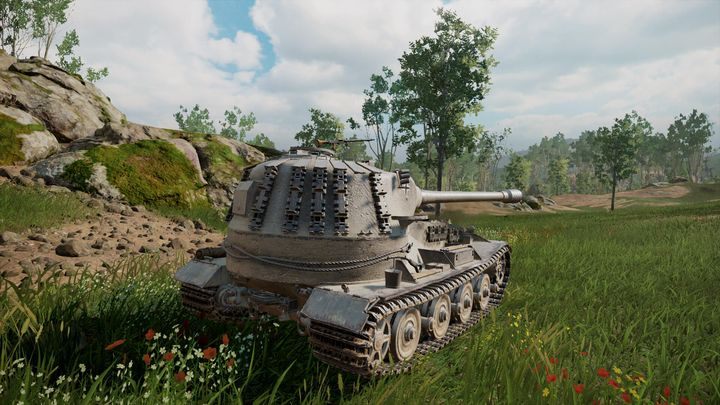
RNG is not just a nightmare for combat systems – we encounter this concept both when we open a box of "randomly-generated" equipment or when we buy stuff in CS GO for real money. World of Tanks players think of RNG as both curse and a bliss. By aiming at the side of the tank perpendicular to us with a cannon with a high penetration rate, we know – are, in fact, convinced – that we will be able to inflict damage and at the same time kill a few crewmen. A few seconds later, we deal a zero critical hit, the slug disappears, the enemy loses no HP, and our position is revealed.
If not RNG, then what – this is a good question, one of the best you'll find here. While RNG is one of the most annoying mechanics in games, it also remains a sensible choice. A legendary item cannot have a 100% drop rate, after all. .
HEY, COMPUTER, GIVE ME A NUMBER
For humans, the concept of randomness is easy. We ask a four-year-old child for a random number, the child will give us one, the first one that comes to their mind. The computer, on the other hand, has got no notion of "random number," nor of "number" in general. I won't bore you with the details, but it's worth to examine the matter yourself. You will learn that video games in fact use pseudo-random generators, and that our computer's clock often helps with the generation.

